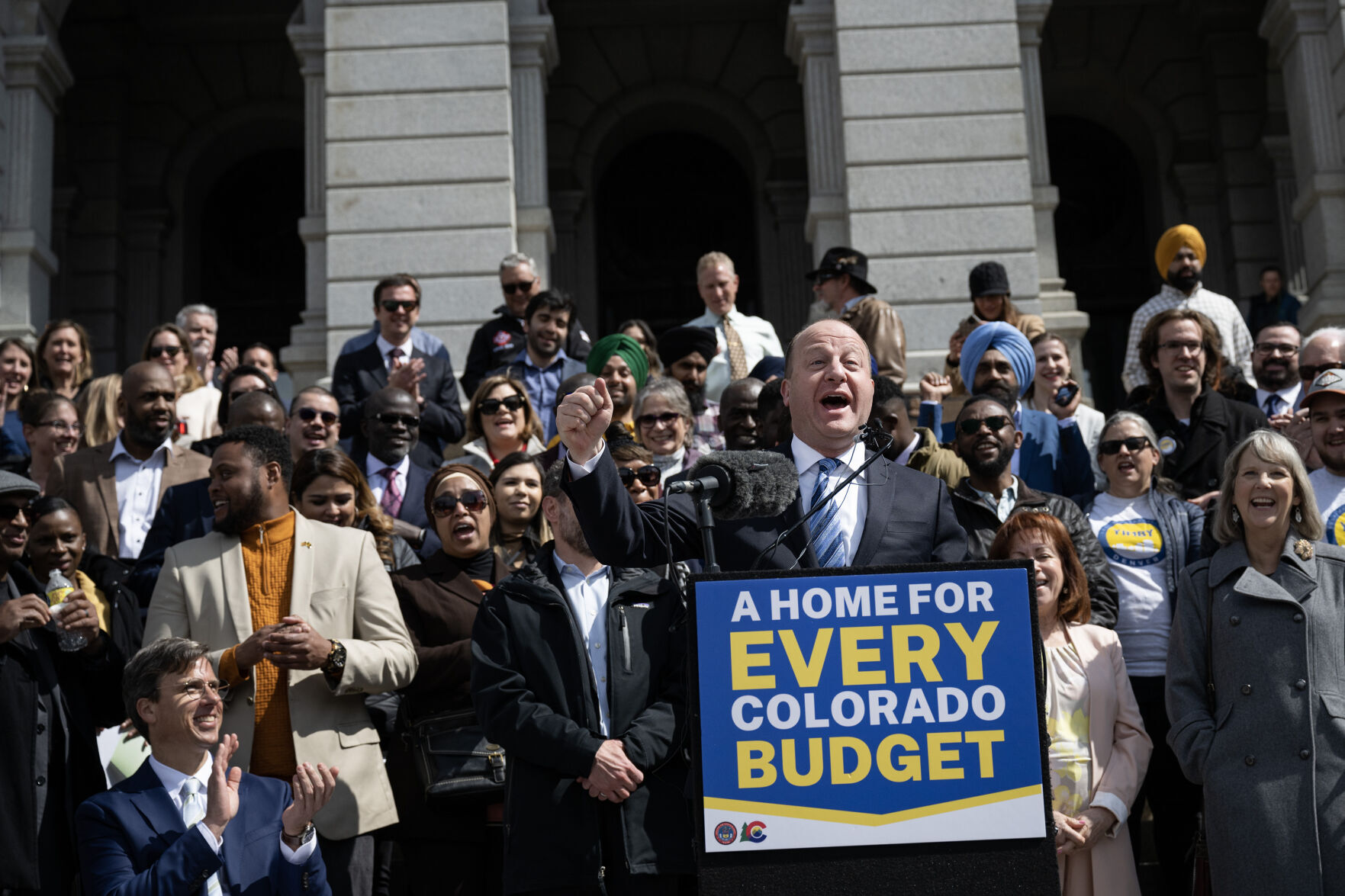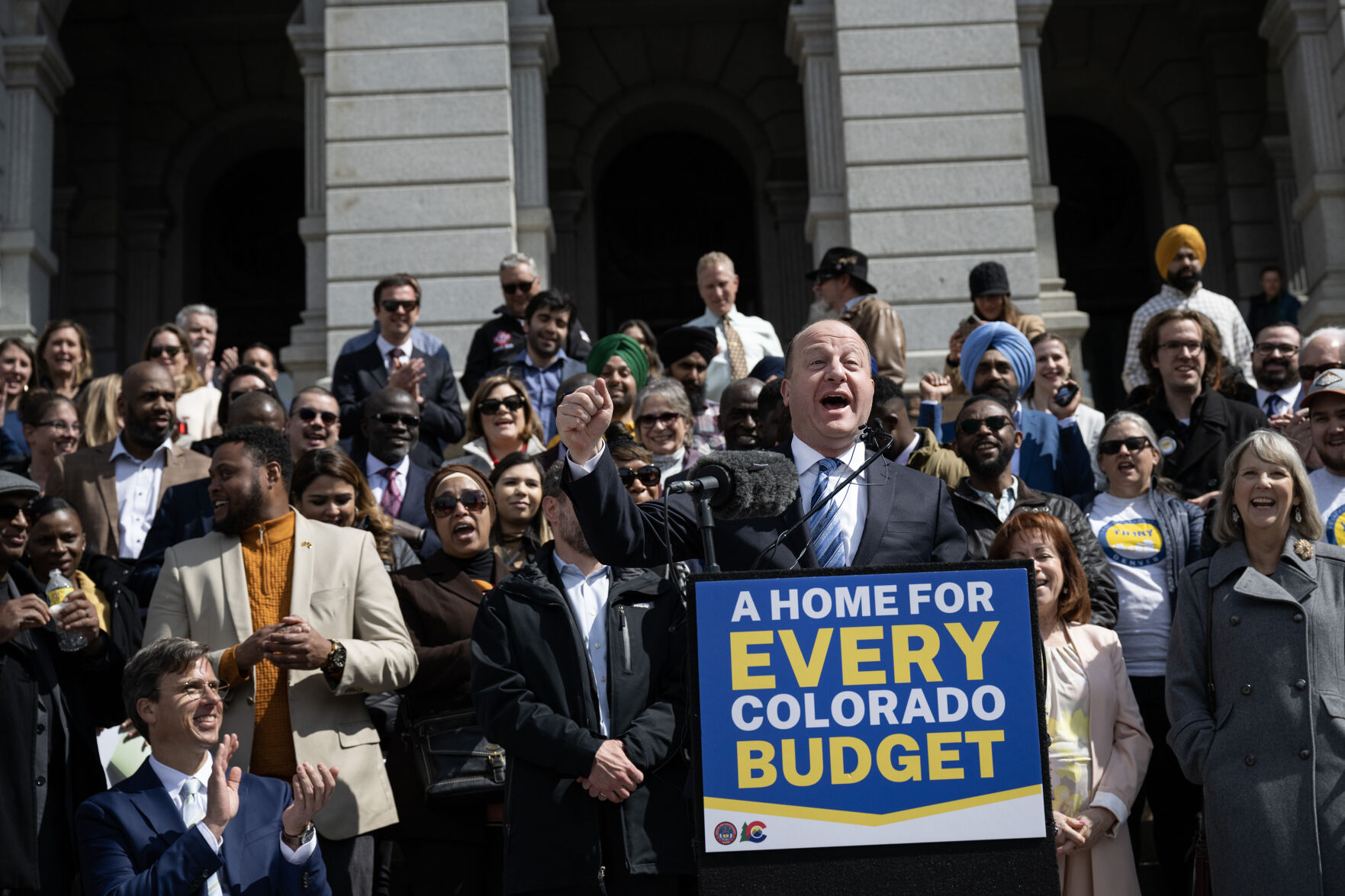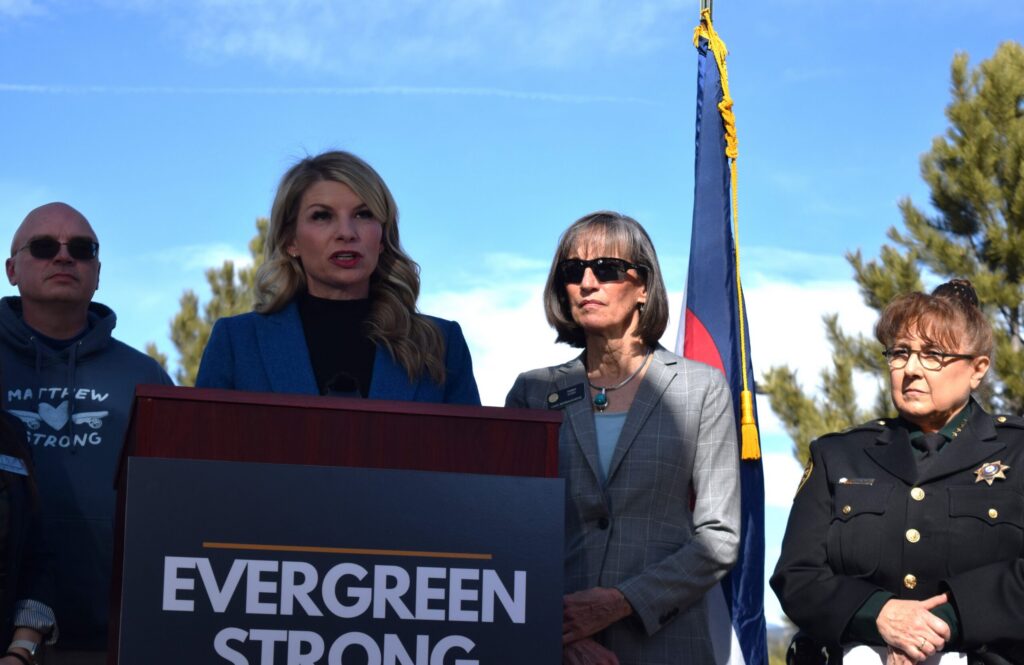Colorado bans local housing growth caps

Local housing growth caps will soon be banned in the state of Colorado after Gov. Jared Polis signed a new law on Wednesday.
Beginning in August, House Bill 1255 prohibits local laws that limit annual housing construction or residential permits, and erases those that currently exist in several cities in Colorado, such as Boulder, Golden and Lakewood.
The new law is state policymakers’ most recent effort to tackle Colorado’s affordable housing issue, intended to increase housing stock in growth-capped cities. The law doesn’t force local governments to approve specific housing developments, but they will no longer be able to reject a proposal due to a growth cap.
“Colorado is facing a housing crisis, and we must all work together to create more housing opportunities for every Colorado budget, not limit them,” Polis said. “I am particularly pleased that the local housing growth restrictions bill, an important part of our more housing now goals, is now the law of Colorado.”
HB 1255 was part of the governor’s affordable housing package, introduced alongside his sweeping land use bill, Senate Bill 213, which failed to pass the legislature.
Only a handful of municipalities throughout the state have growth caps. For example, Boulder, Golden and Lakewood, all only allow housing stock to expand by 1% each year.
Critics of the bill argued it violates local control and won’t necessarily result in more affordable housing, as there is no requirement that the new housing built must be affordable. Municipalities that utilize growth caps also said they can help preserve a community’s character and stay within the limits of their infrastructure.
Proponents said growth caps have a broad effect on surrounding cities and the state at large. When residents of growth-capped cities are forced to live in neighboring districts, they said, it can overwhelm enrollment in the neighboring schools, increase the use of vehicles for work commutes, and force them to build more housing to accommodate for rapidly rising populations.
“By getting rid of limits on how many homes can be built, we’ll increase our housing supply, lower costs for families, and help more Coloradans find a place to live they can afford,” said bill sponsor Rep. Ruby Dickson, D-Centennial. “This will help Coloradans live closer to their jobs, schools, and loved ones while improving our air quality and our environment.”
Under the new law, municipalities can temporarily enforce growth caps for up to 24 months if there is a declared disaster emergency, such as a wildfire, to change land use laws or to address insufficient public infrastructure, such as wastewater treatment.
On Wednesday, Polis also signed bills to cap pet fees for renters, allow remote participation in eviction court proceedings and create a tax credit for employers who help employees purchase a home.
Other housing laws signed this year include requiring mediation before eviction for tenants on government aid, limiting tenant income requirements and security deposits, restricting leases from waiving tenant rights and allowing the reuse of rental applications without extra fees.
However, most of the major housing legislation failed to come to fruition, such as House Bill 1115 to let local governments enact rent control, and House Bill 1171 to ban evictions and lease terminations without “just cause” – in addition to the failure of SB 213.














